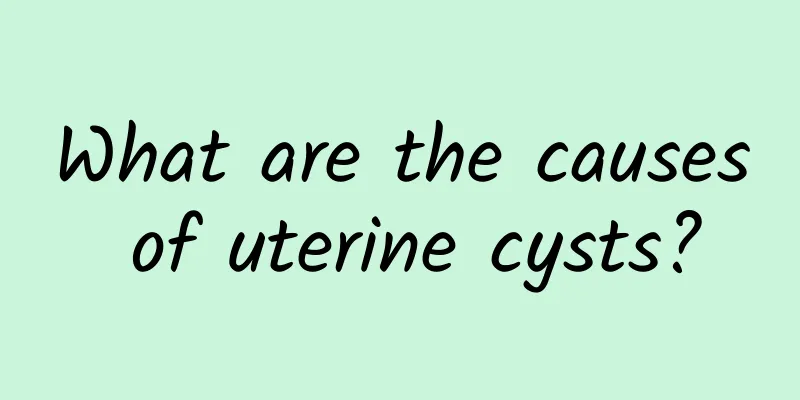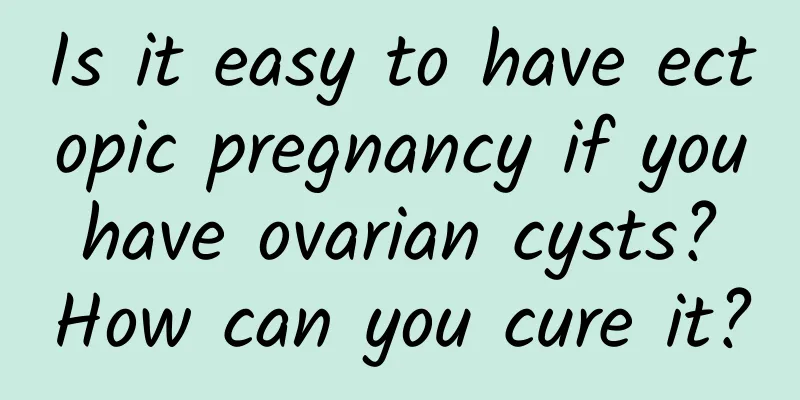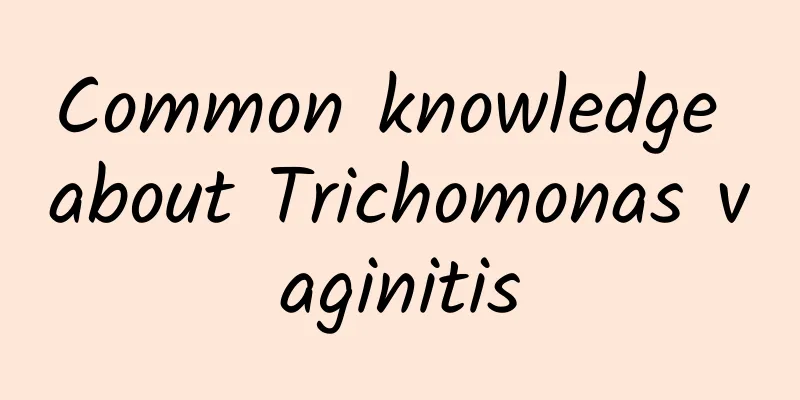What are the causes of uterine cysts?

|
The formation of uterine cysts may be related to a variety of factors, including genetic factors, environmental influences, and physiological changes. Genetic factors play an important role in the formation of uterine cysts. If there is a history of uterine cysts in the family, the individual's risk will increase. Environmental factors, such as exposure to chemicals, unhealthy lifestyles and eating habits, may also have an impact on the formation of cysts. Physiological factors, including hormone disorders in the body, play a role in promoting the appearance of cysts. When the estrogen level in the body is too high, it can promote abnormal proliferation of endometrial cells, leading to the formation of cysts. Tissue damage caused by trauma and poor scar healing may cause abnormal proliferation of local tissues and develop into cysts. In addition, pathological factors such as chronic inflammation and immune system disorders may also increase the risk of cysts. In order to effectively manage and prevent uterine cysts, it is crucial to balance hormone levels. Improving lifestyle through dietary adjustments and exercise can effectively promote normal hormone secretion. For example, regular physical exercise can help regulate hormones in the body, and appropriate weight loss may reduce the risk of cysts. In terms of diet, consuming more fiber-rich foods, such as whole grains, fruits and vegetables, can promote the elimination of waste in the body and reduce the risk of hormone imbalance. Regular examinations and monitoring of physical changes can help detect potential problems early, thereby facilitating the implementation of timely and appropriate treatment strategies. For people with high genetic risks, understanding family medical history and taking preventive examinations early is also a positive measure. In order to effectively manage and prevent uterine cysts, it is crucial to balance hormone levels. Improving lifestyle through dietary adjustments and exercise can effectively promote normal hormone secretion. For example, regular physical exercise can help regulate hormones in the body, and appropriate weight loss may reduce the risk of cysts. In terms of diet, consuming more fiber-rich foods, such as whole grains, fruits and vegetables, can promote the elimination of waste in the body and reduce the risk of hormone imbalance. Regular examinations and monitoring of physical changes can help detect potential problems early, thereby facilitating the implementation of timely and appropriate treatment strategies. For people with high genetic risks, understanding family medical history and taking preventive examinations early is also a positive measure. Medical treatments such as medication can effectively regulate hormones in the body, such as the use of birth control pills to control menstrual cycles and hormone levels. Surgical treatments such as laparoscopic surgery can directly remove larger cysts, while ultrasound-guided puncture and drainage is an effective treatment for cysts with excessive fluid components. Through multidisciplinary treatments, better medical results can be achieved and the impact of cysts on health can be reduced. During the medical process, patients should maintain active communication with their doctors, understand and choose a treatment plan that suits them, and effectively control the development of cysts and the occurrence of complications. |
<<: Can I get pregnant if I haven't had my period after having an abortion?
>>: What are the dangers of uterine cysts?
Recommend
Diagnosis of cervical erosion
It is not difficult to diagnose cervical erosion ...
Treatment of cervical condyloma with Chinese and Western medicine
In daily life, cervical warts are a common sexual...
Is starch the enemy of weight loss? Long-term skipping of meals can lead to fatigue
"Starch is the foundation of the 'cell p...
What are the dangers of abortion in four months? Abortion can easily cause 5 major harms to women
Pregnancy is a very happy thing. For many familie...
What are the symptoms of acute pelvic inflammatory disease?
When the female pelvic reproductive organs and th...
The main symptom of cervicitis is increased vaginal discharge.
The main symptom of cervicitis is increased vagin...
What are the causes of cervical erosion?
If cervical erosion is not treated actively, it c...
What are the causes of uterine fibroids? Is uterine fibroids serious?
Uterine fibroids appear as solid spherical masses...
What should you pay attention to after a miscarriage
Artificial abortion refers to artificial abortion...
What causes habitual miscarriage? There are 5 influencing factors
Habitual miscarriage happens from time to time in...
What should I check for cervicitis?
After suffering from cervicitis, what are the gen...
Precautions after surgery for hyperprolactinemia
What are the precautions after surgery for hyperp...
Causes of cervicitis in women
Cervicitis is a disease that occurs in the cervix...
Detailed discussion on preventive measures for cervical hypertrophy
How much do you know about the prevention of cerv...
Experts introduce the main symptoms of cervicitis in women
The symptoms of acute and chronic cervicitis are ...









